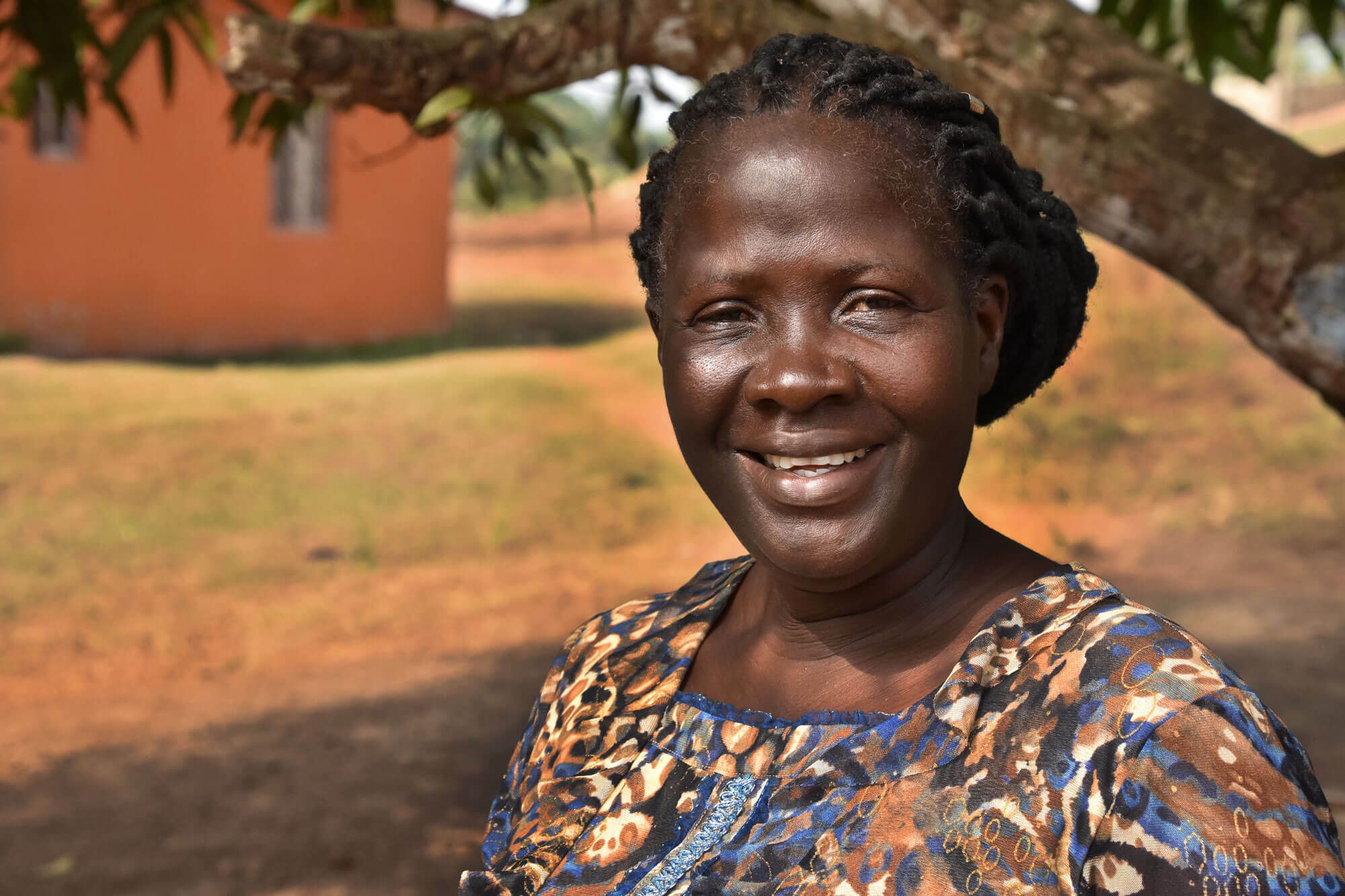Brac Liberia
Improvements across a rural value chain boost incomes and food security
Country
LiberiaWebsite
bracusa.orgThe Challenge
In Liberia, two out of every three people rely on agriculture for their main source of income. Still, most farmers struggle to survive, and food insecurity and malnutrition remain common in rural areas. Weaknesses in the agricultural value chain—from a reliance on low-quality inputs to an absence of well-functioning markets—pose serious obstacles to economic advancement.
The Approach
BRAC takes a comprehensive, long-term approach to promoting economic development among smallholder farmers. After developing deep expertise on local conditions, the organization customizes, tests, and scales a set of proven programs. Together, these programs create a foundation on which people can escape poverty through their own effort.
Why We Invest
BRAC Liberia, a division of the global development organization BRAC, applies a systems lens to its work. It identifies, and then seeks to improve, elements of infrastructure and market capacity that are necessary for sustained economic development in rural Liberia. To enable lasting change, the organization works to strengthen each link in the agricultural value chain—from the provision of high-quality seeds to the operation of efficient markets. The ultimate goal is to foster long-term self-sufficiency among farmers.
A core intervention of BRAC is the Agriculture and Livestock program. First developed in Bangladesh and subsequently adapted to eight other countries in Africa and Asia, this program aims to improve both the livelihoods of smallholder farmers and the value chain on which they rely. Participating farmers undergo agricultural training and gain access to inputs—including seeds, fertilizer, and tools—that are designed to increase crop yields and livestock production. The program specifically targets women, who make up more than 60% of all farmers who receive training from BRAC.
BRAC also trains and deploys extension service providers—known as community agriculture and livestock promoters—who visit farmers on a regular basis to advise on best practices and to sell inputs such as improved seeds and poultry vaccinations. These providers work as unpaid volunteers, but they are able to generate a small income from the sale of inputs. In addition, the organization takes steps to ensure that key inputs are affordable and readily accessible. It works through the private sector by investing in agricultural businesses that help create more efficient links across the value chain. And, where necessary, BRAC develops its own social enterprises; it currently operates a poultry hatchery, a feed mill, and a seed farm.
In keeping with the philosophy of its parent organization, BRAC Liberia regularly conducts evaluations of its work. In one study, the BRAC research team found that participants who received support through the Agriculture and Livestock program were able to increase income from poultry farming by 92% and income from rice production by 29%.
Ansu, a lead farmer in a BRAC project funded by King Philanthropies, poses at his farm in Bomi County, Liberia.
Photo: BRAC
How We Partner
With funding from King Philanthropies, BRAC is reaching thousands of Liberian farmers through the implementation of the Agriculture and Livestock program. The organization is also working to strengthen supply chains and agricultural markets that serve Liberian farmers. By expanding the capacity of its poultry, feed, and seed operations, for example, BRAC is increasing the availability and affordability of key inputs. Together, these improvements to agricultural value chains in Liberia will lead to higher incomes—and thus to greater food security—among farmers. Importantly, BRAC is incorporating climate-smart practices into all of this work.
To ensure that gains in income and food security translate into improved health and child development outcomes, BRAC is leveraging support from King Philanthropies to deliver nutrition programs in target communities. These efforts focus in particular on reaching pregnant women and nursing mothers.
Impact Profile
Learning and Leading in Liberia
“My mother was a leader for women,” said Harriet. Along with tending a farm, Harriet’s mother mobilized women in her community to help one another and to tackle local issues. Some of Harriet’s most vivid childhood memories are of times when she watched her mother lead community meetings.
Today, Harriet credits her mother with inspiring her own work as a leader. Among other roles, she serves as a community agriculture promoter for BRAC. “My mother used to tell me, ‘Follow my footsteps. To be together will bring peace to the community,’” Harriet recalled.
Harriet, a community agriculture promoter, stands alongside Nora, a farmer whom Harriet visits regularly as part of a BRAC project in Buchanan, Liberia. Photo: BRAC

